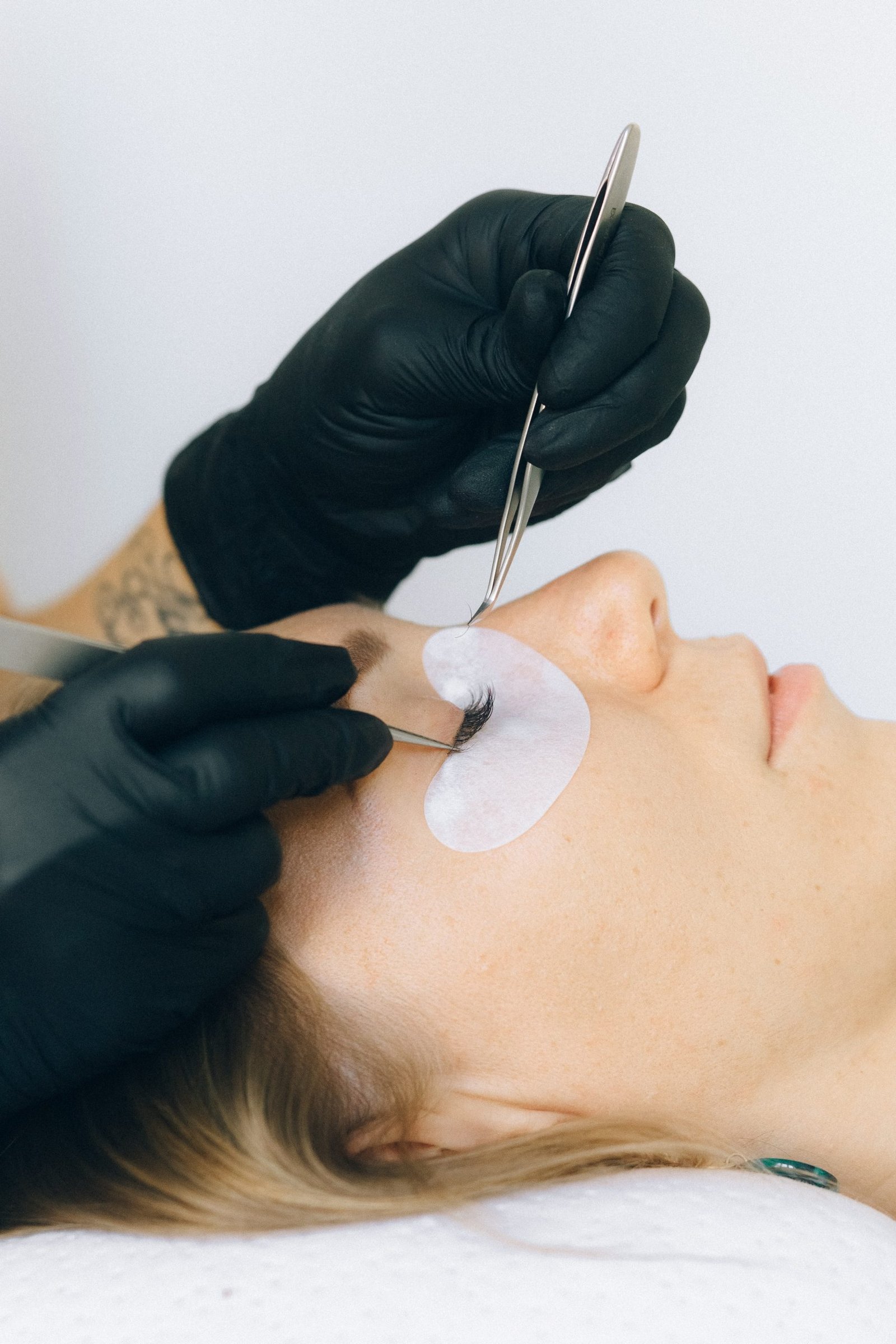Like every generation since the dawn of time, today’s teens exist in a world which would be unrecognisable to their parents’ teenage selves, and many of us sometimes feel that there is a literal generation gap opening up between us, a void which means that much of what we say is lost in translation: when they’re even listening at all! It can be tricky to talk to anxious, self-conscious and self-critical teens about almost anything, let alone about hot topics such as body image, self-confidence and whether or not beauty really matters.
When cosmetic surgery is in the media, we naturally feel we should touch upon the subject with our children, to check in and ignite debate at the dinner table and also to understand what they feel about it. It’s a difficult enough subject even in the abstract, but it takes on a very different cast when we as parents have undergone, or are planning to undergo, a cosmetic procedure. For some women, daughters are a deal breaker: they won’t go under the knife for fear of teaching their girls a damaging lesson about the value of looks. However, talking to teens about cosmetic surgery is possible. As they say, a smooth sea never made a skilful sailor: it is facing challenges with our children which make us step up as parents. Read on for a guide to the basics of owning up to cosmetic surgery to the kids.
Your parents were right about honesty
By which I mean it really is the best policy. Talking about sensitive subjects demands a lot from parents, but the key thing that it demands is honesty: you won’t be heard without it. Be satisfied by the fact that your openness has already started to change misconceptions: plastic surgery isn’t just for celebrities, for example. Plastic surgery doesn’t have to be ‘the works’, or frighteningly extreme.
Address the topic openly and with integrity, and before talking hypothetically about cosmetic surgery, be open about your own surgery. Explain at an age-appropriate level what your concerns were and why you made the decision you did, and emphasise the fact that the decision was not easily or lightly made. To change your body, usually permanently, is a serious thing, and cosmetic surgery should never be a ‘quick fix’. Try and frame your decision in abstract terms, so that you are talking about confidence in the workplace, self-esteem and assertiveness, rather than about wrinkles, cellulite or breast size.
A listening place
Have the discussion in a quiet, private place which feels like neutral ground, and where you won’t be disturbed. Leave it open-ended: you might just scratch the surface, but you owe it to your teen to leave time to talk, and to answer questions. Be prepared to listen to your child’s concerns and opinions, and be sensitive to their perception of the change. They have a right to be disturbed by your choice to make a change, particularly as teenagers: in a time of many changes, they rely on their parents for stability and safety. Remind them that you haven’t truly changed, and be honest if you have other procedures planned: let them know what the end-point is, and what you’re hoping to achieve. Try to be real about the effects, the risks involved, and any post-operative discomfort.
